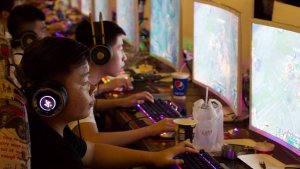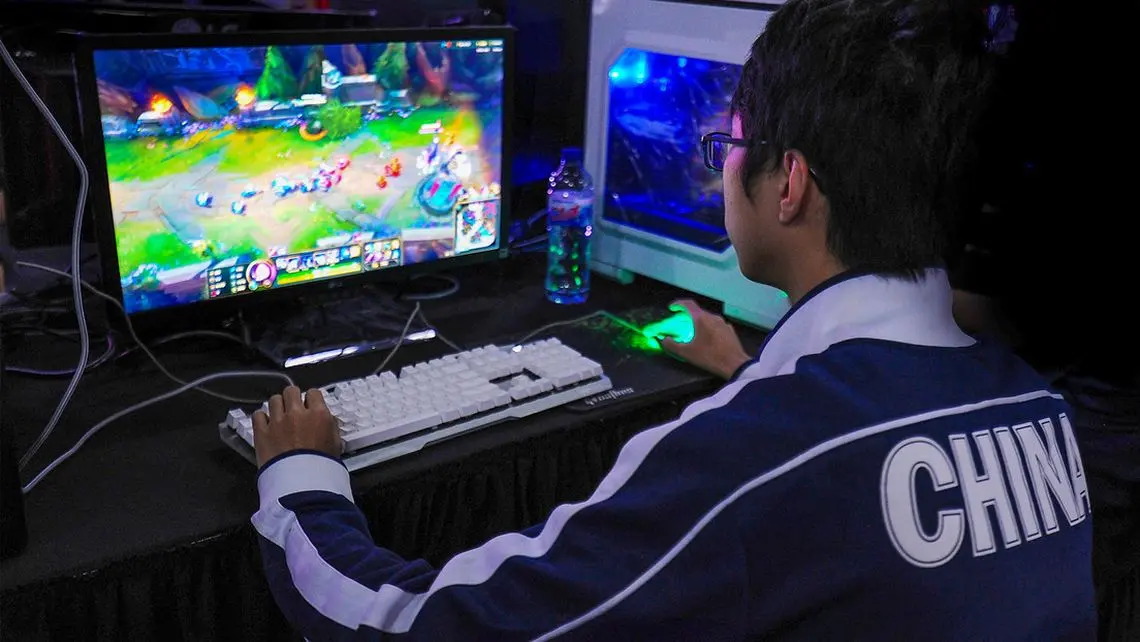Recent regulatory changes in China’s online gaming sector have sent shockwaves through the industry, notably impacting giants like Tencent and NetEase. The new rules aim to curb addictive tactics and excessive microtransactions, leading to significant financial repercussions for these companies.
The Impact on Tencent and NetEase
- Tencent’s Stock Plunge: The announcement of these regulations resulted in a 15.7% drop in Tencent’s stock value, equating to a staggering loss of $54 billion.
- NetEase’s Market Value: NetEase also felt the brunt, experiencing a 28% decrease in stock value.

China’s New Gaming Directives
The National Administration of Press and Publications in China has issued a draft of new guidelines focused on reducing excessive online gaming expenditures. These guidelines target to protect susceptible players, especially the youth, from the pitfalls of microtransaction addiction.
The Rise of Free-to-Play Games
- Microtransaction Model: Free-to-play games, while accessible, often rely on microtransactions for revenue, ranging from cosmetic items to battle passes.
- Appeal and Accessibility: These games attract millions of users but raise concerns about their monetization strategies.
Affected Games
- Notable games impacted include “Forge of Empires,” “Genshin Impact,” “State of Survival,” and others.
China’s Regulatory Response
The Chinese government’s latest guidelines aim to dismantle addictive gaming practices and unchecked spending in free-to-play online games.
Proposed Regulatory Measures
- Spending Limits: Online games must establish expenditure caps.
- Elimination of Daily Login Rewards: To reduce FOMO (Fear of Missing Out) behaviors.
- Restrictions on Live Stream Rewards: Streamers are prohibited from receiving substantial rewards.
- Lottery-Based Functions for Minors: Online games must not offer lottery-based features to minors.
- Game Approval Timelines: Regulators are to process online game approvals within 60 days.

Tencent and NetEase: Navigating the New Landscape
Tencent, with many of its games featuring the targeted mechanics, faces a challenging road ahead. The company’s loss of $54 billion following the regulatory announcement by Bloomberg highlights the severity of the situation.
The Bigger Picture: Consumer Protection vs. Restrictiveness
These sweeping changes pose critical questions:
- Effectiveness: Will these regulations effectively curb harmful spending in free-to-play games?
- Consumer Protection: Is the level of restrictiveness necessary to safeguard consumers?
Balancing Regulation and Innovation
The Chinese government’s stringent approach to online gaming regulation marks a pivotal moment for the industry. Companies like Tencent and NetEase must adapt to these changes, balancing the need for consumer protection with the desire for innovative gaming experiences.

